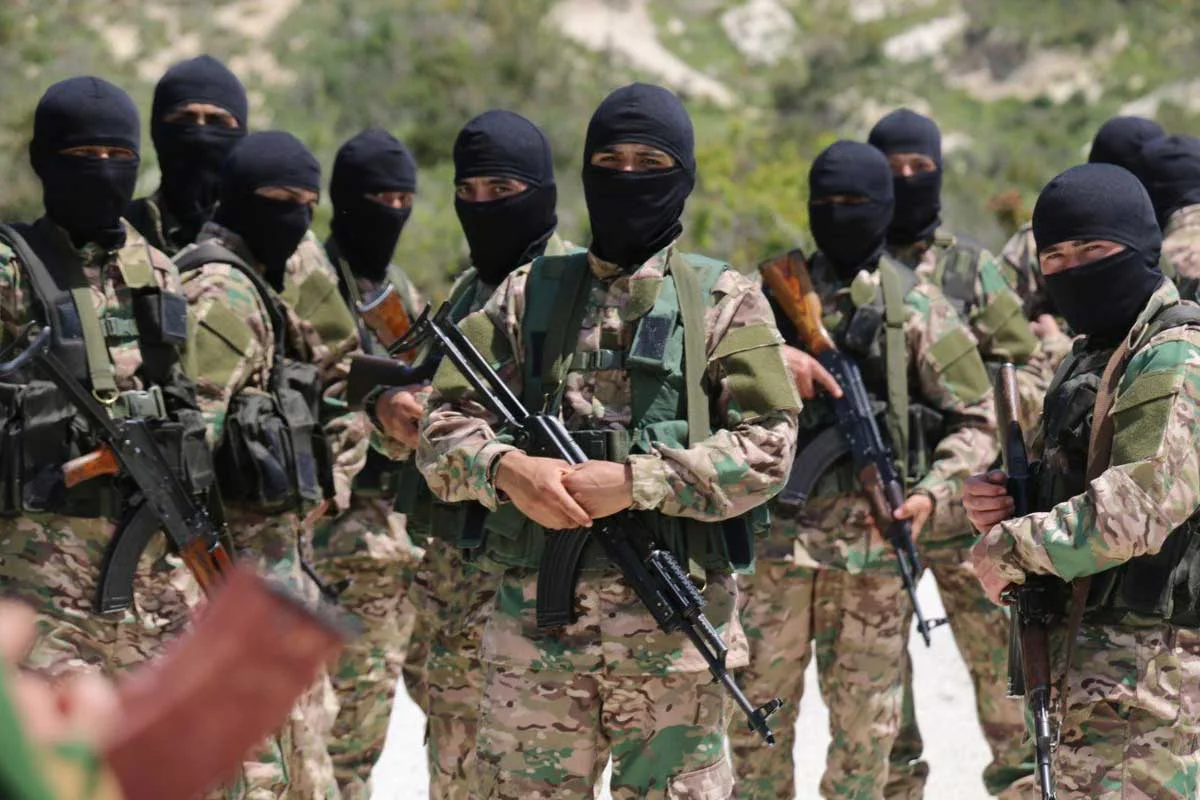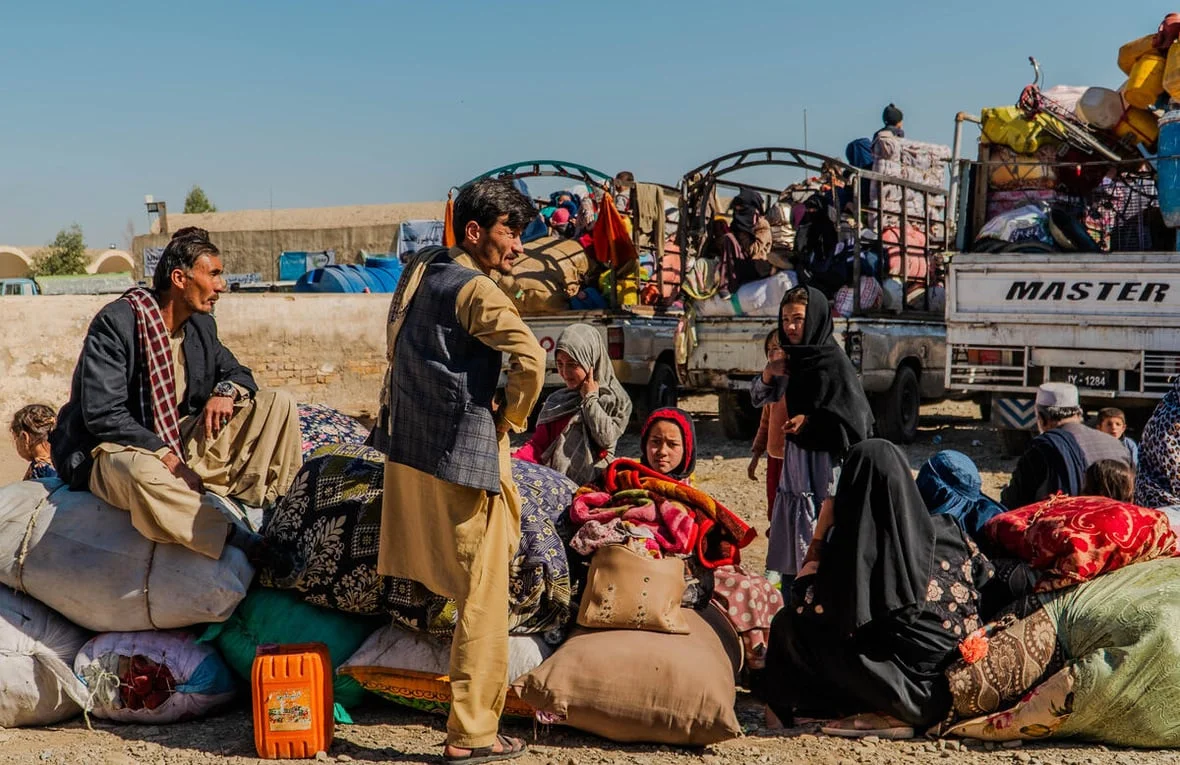KARACHI: Referring to the recent announcement by Pakistan’s Commerce Minister and Korea’s Trade Minister during Jam Kamal Khan’s visit to Korea on January 9, the Ambassador of the Republic of Korea, Park Ki Jun, indicated that negotiations for the Korea-Pakistan Economic Partnership Agreement (EPA) are likely to begin in the first half of this year, laying a new institutional foundation for promoting economic exchanges between the two countries.
As Korea and Pakistan prepare to initiate EPA negotiations, both sides aim to establish a comprehensive framework that enhances trade liberalization and investment opportunities.
“We must now move beyond friendship and develop a mutually beneficial partnership,” he stated while speaking at a meeting during his visit to the Karachi Chamber of Commerce & Industry (KCCI). Underscoring the untapped potential for deeper Korea-Pakistan collaboration, Jun pointed out that Pakistan boasts rich natural and human resources, while Korea offers advanced technology and economic expertise. This combination, he stated, creates opportunities for complementary cooperation.
“Korea views Pakistan as a fast-growing economy with a youthful population, making it an attractive destination for Korean businesses.”
Also See: Tax Reforms in Pakistan: Digitization and Revenue Leakages
Encouraging Pakistani businesses to explore opportunities in Korea, Jun urged them to visit Korea for market research and direct engagement with business leaders in Seoul.
He assured that the Korean Embassy is committed to incorporating insights from the business community and maintaining close communication with KCCI to further economic collaboration. He highlighted Karachi’s strategic importance as an economic hub, noting that the city handles over 90% of Pakistan’s cargo shipments and offers well-developed industrial infrastructure.
“Currently, eight Korean companies operate in Karachi, whereas around 200 Korean citizens reside in this city. Karachi could play a leading role in strengthening economic ties between the two countries, with KCCI playing an active part in expanding trade and investment,” he said. The Korean ambassador further noted that Pakistan’s government has been making significant efforts to address economic challenges and drive sustainable growth.
“As a result, the country’s economy showed positive performance last year, with improvements in key macroeconomic indicators. These included a drop in inflation to around 5%, an 8% rise in foreign exchange reserves, and a 46% increase in foreign direct investment,” he said.
Encouragingly, bilateral trade between Korea and Pakistan also grew by 27% in the first half of last year.
Furthermore, he welcomed the Pakistani government’s five-year economic development plan, Uraan Pakistan, which prioritises exports, e-Pakistan (digital transformation), environment and climate change, energy and infrastructure, and equity.
He expressed confidence that this initiative would set a strong foundation for Pakistan’s long-term growth, benefiting both local businesses and foreign investors, including Korean companies.
This news is sourced from The Express Tribune and is intended for informational purposes only.

![Korea and Pakistan plan EPA negotiations to boost trade and investment, strengthening economic ties between both nations. [Image via The Express Tribune]](https://southasiatimes.org/wp-content/uploads/2025/02/Pak-Korea-flags1636221982-0.webp)




